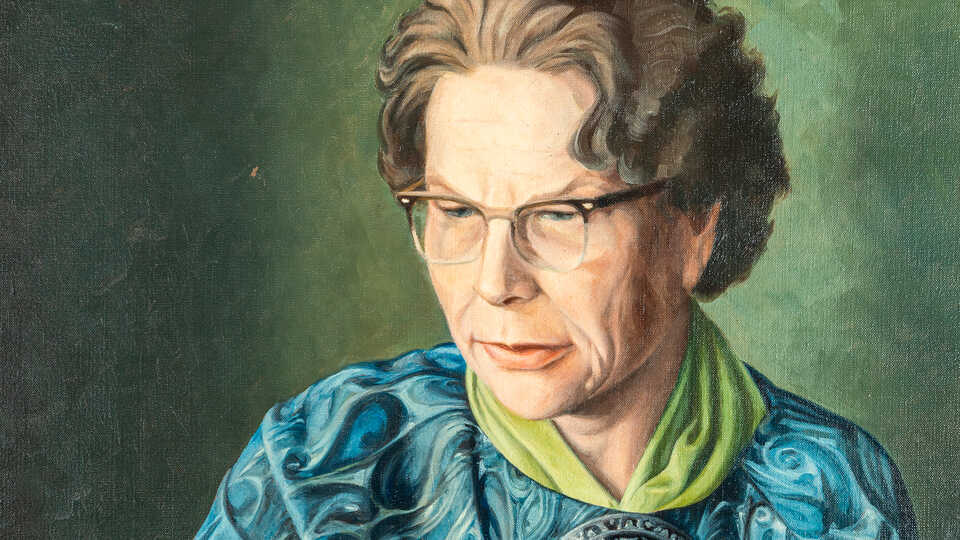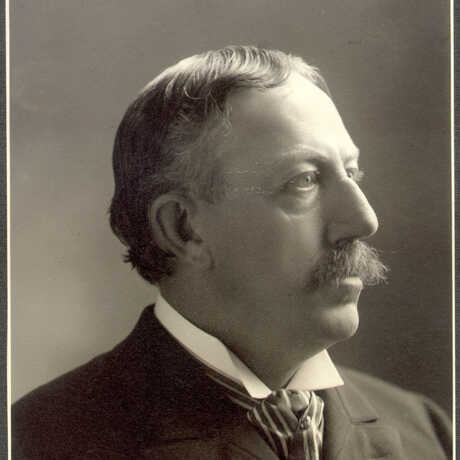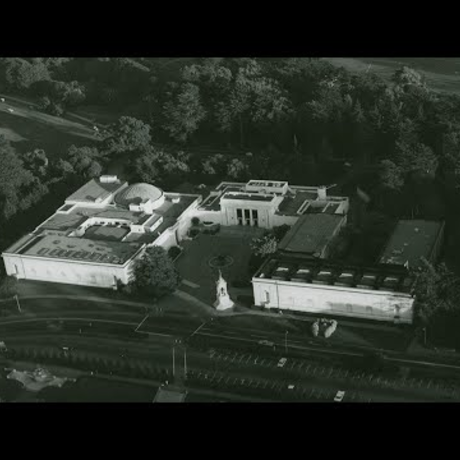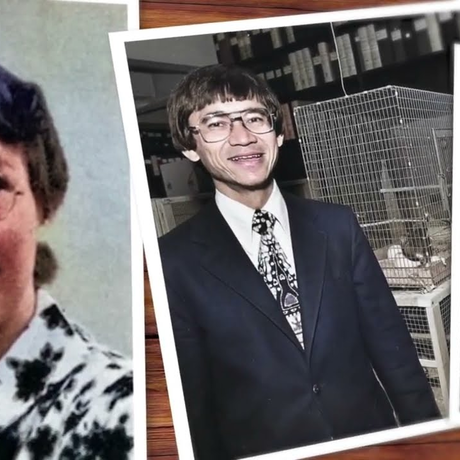Founded in 1853, the Academy Library is a research library devoted to natural history and the natural sciences. Explore our extensive collections, including rare books, serials, maps, and photography.
Harriet Exline Frizzell was born in Walla Walla, Washington, on May 8, 1909. In 1930, she graduated from Reed College with her BS in biology, then earned an MS in zoology from the University of Washington, Seattle in 1932. She continued her research on the spider species of the area at the University of Washington, earning her PhD in 1936. Frizzell spent her summers collecting specimens at the university’s biological station at Friday Harbor. During the academic year, she studied the behavior of various species of spider, including research on the diet of black widow spiders. Frizzell completed postdoctoral studies at Yale in 1937, under Dr. Alexander Petrunkevich; she remained close friends with him, and they corresponded for more than ten years after.



